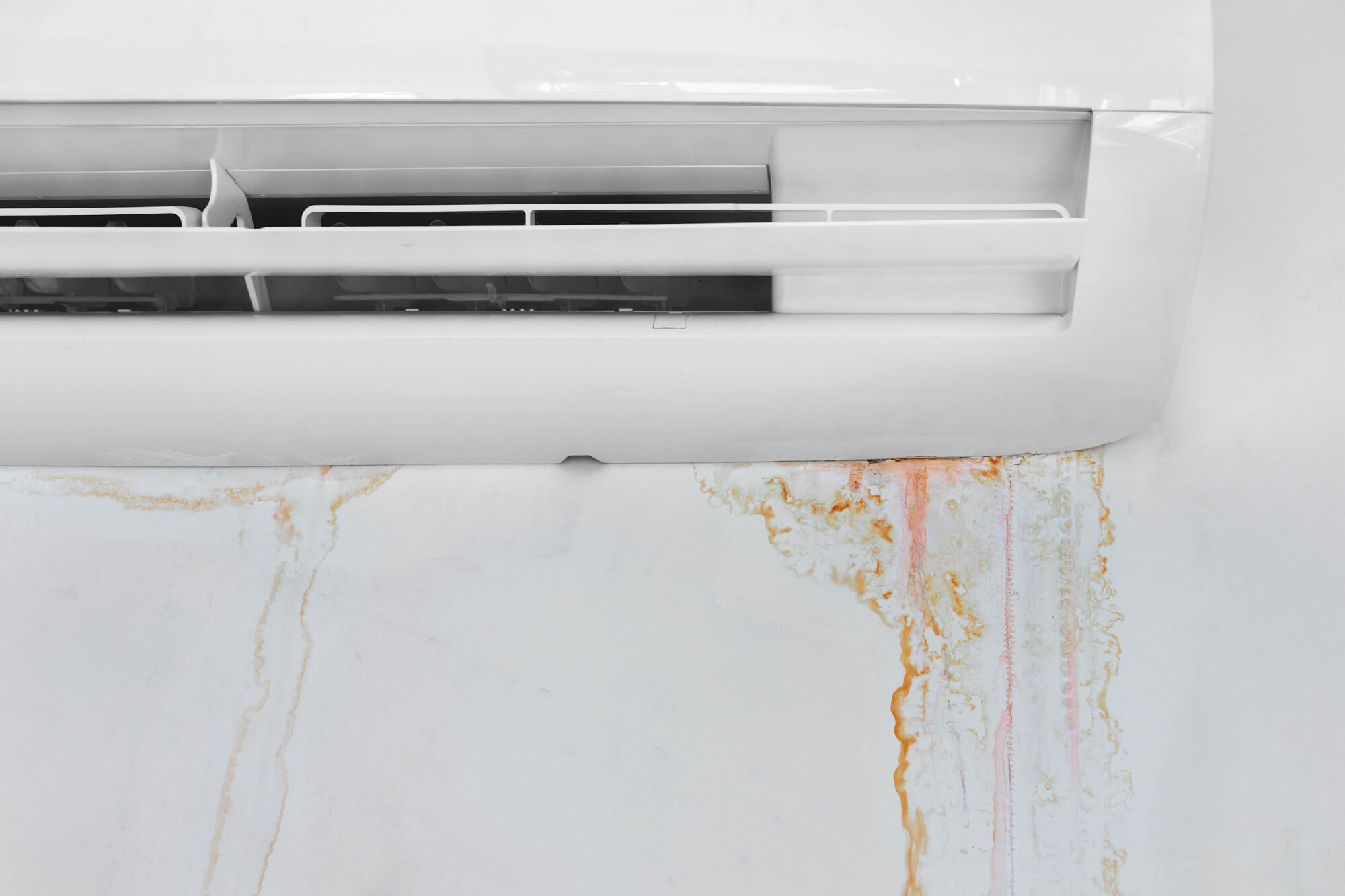
If you find water in your house where it ought not to be, you have every right to be concerned. Even dampness can cause damage; more severe excesses can lead to extensive structural damage, mildew and mold, and other problems. When the culprit proves to be your air conditioner, you need to take fast action for the prevention of damage in addition to costly repair bills.
Before taking a closer look at why your air conditioner is leaking water inside your house, turn off the air conditioning system.
This is essential in stopping the flow of water as well as protecting your equipment from greater damage. Next, clean up the leaked water. If there is a great deal of it, use a shop vacuum. Now, take a look at your system and circumstances to determine the cause of your AC leaking.
Reason#1. Humid Weather
Sydney and its surrounding area are no stranger to weather that is hot and humid. This is the reason, after all, that most area consumers have air conditioning installed. They seek an escape from the muggy atmosphere.
Unfortunately, this humid weather increases the rate of condensation; ducted air conditioning has been designed to function by removing moisture or humidity from the air. Greater amounts of condensation increase the risk of leaks.
Reason#2. Clogged Air Filter
Located within the grille for return air, the filter, if dirty or clogged, cannot permit the flow of air to the evaporator coil. When the air is restricted or blocked, it causes a temperature drop. An evaporator coil that gets too cold can freeze over, icing up. When the air conditioner is turned off, the indoor part of the unit stops attempting to draw air.
This causes the unit to warm again, thus melting the ice. This drips more water than usual into the drip tray, which overflows. To avoid this spillage of water into your home, clean filters each month and have your AC system serviced annually.
Reason #3. Little Insulation or Lack of It
Insulation is a key to the prevention of air conditioning leaks. If insulation has ripped away or there is simply no insulation then condensate from the pipes running through your roof will drop straight onto your ceiling. If the ceiling lacks insulation in the roof cavity, then watermarks will stain the ceiling. This is one of AC leaking’s most common causes.
Reason #4. Disconnected Drain Line
Problems with your air conditioner’s condensate drain line number among the most common causes of AC units leaking water into the house. If you are unaware of how air conditioners function, they cool by taking water vapor out of the air; this condenses into water known as condensate.
A properly functioning system collects condensate on the evaporator coil, where it flows down through your drain line. If this drain line becomes clogged, the line might rupture. It might also become disconnected due to vibrations. Either way, the water escapes. Contact trained professionals to repair it and avoid future leaks.
Read this complete guide if you have any issue with your unit Air conditioners troubleshooting
Consulting a professional is always a wise choice when seeking to discover why you have an AC leaking. Other potential causes include a drain pan that is rusted through or otherwise damaged, blocked drains, and low levels of refrigerant.
Annual servicing will give pros a chance to look things over and catch problems in the making.
Your ClipBoard is currently empty. Please copy row or element before pasting!
